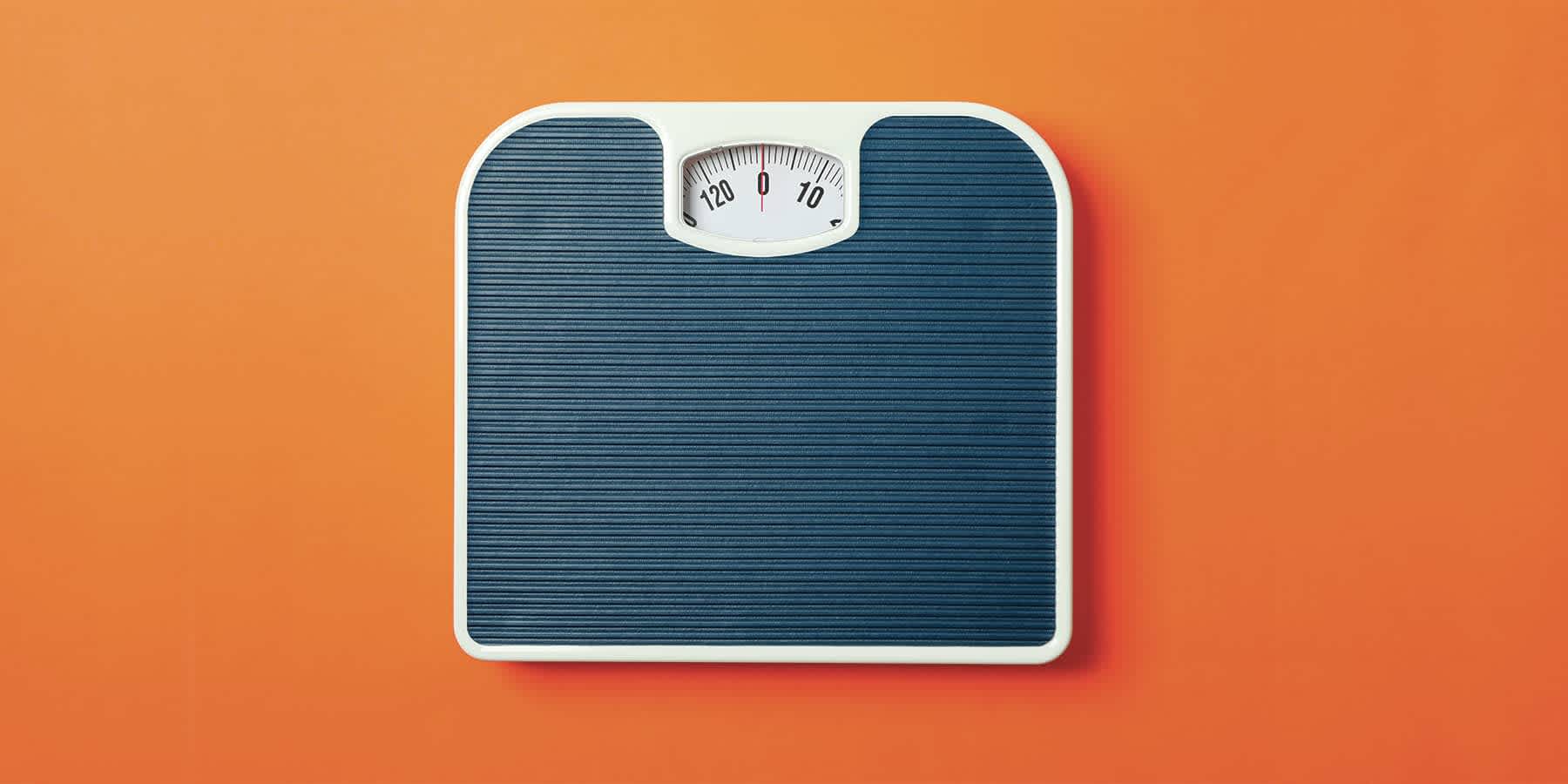
6 possible signs of menopause
Medically reviewed by Neka Miller, PhD on December 14, 2020. To give you technically accurate, evidence-based information, content published on the Everlywell blog is reviewed by credentialed professionals with expertise in medical and bioscience fields.
The transition to menopause, also called perimenopause, can be a challenging experience for many women. During menopause, estrogen levels rapidly decline and become permanently low. Since estrogen is a hormone that is important for many body functions, there’s a good chance that you’ll feel the effects of its changes.
Do you suspect that you might be going through menopause? Here is a guide to walk you through some of the common signs of menopause. If you are in your 40s and you’re experiencing any of these symptoms, menopause or perimenopause could be the cause. The Everlywell at-home Perimenopause Test may help you find out if your body is currently going through this transition.
Now let’s dive deeper into the common signs and symptoms of menopause.
Menopause signs and symptoms
If you’re wondering what happens during menopause, here are some common symptoms that may affect you.
1. Vasomotor symptoms
This is the scientific name for the most well-known and most common symptom of menopause: hot flashes. Hot flashes, also referred to as hot flushes, are caused by a sudden increase in body temperature that affects the hands, face, neck, and chest. Approximately 75% of all menopausal women get hot flashes.
For most women, these menopause symptoms last for two years or fewer, and start to appear shortly before their last menstrual cycle period. But for some menopausal women, hot flashes can persist for more than two years—and even more than twenty years.
When hot flashes happen at night, they are called night sweats. Menopausal night sweats can be so severe that you might wake up with soaked bed sheets or nightclothes.
Vasomotor symptoms can also increase one's heart rate, making some women feel dizzy.
2. Vaginal atrophy
Reduced estrogen production associated with menopause can cause vaginal dryness and thinning of the vaginal tissue. Due to these symptoms—referred to as vaginal atrophy—menopausal women are more susceptible to urinary tract infections and vaginitis. Sex can also be more painful as a result of this symptom. Some menopausal women may also experience a decrease in sexual libido.
3. Weight gain
Hormonal changes during menopause can make you more likely to gain weight. This isn’t true for everyone, and other factors like genetics and diet may play a role in whether menopausal women gain weight. Note that substantial weight gain may increase one’s risk of other health complications, such as diabetes and heart disease.
4. Differences in hair growth
Many women report hair loss from the scalp during menopause when the levels of estrogen and progesterone fall. Hair may become finer and thinner because hair follicles often shrink during menopause. Conversely, another possible hair-related symptom is hair growth in new places, such as on the face. People who take hormone therapy for menopausal symptoms may experience fewer changes in their hair growth.
5. Memory loss
According to research, 60-70% of women report deficits in memory after entering menopause. These memory problems are often described by women as ‘brain fog’ and may be linked to the decline in estrogen levels in the body.
6. Sleep changes
Many women start to have sleep troubles starting in perimenopause, the transitional phase women go through before entering menopause, characterized by fluctuating hormone levels. (Related: What is perimenopause?) Disturbed sleep caused by hot flashes or night sweats can interfere with the quality of life for menopausal women.
Check 3 key hormones that can help indicate if you are transitioning towards menopause with the Everlywell at-home Perimenopause Test.
Helpful tips if you’re experiencing symptoms of menopause
After reading about the common signs of menopause, you may be wondering what can help alleviate the discomfort that comes with some of these symptoms. Certain lifestyle changes can help you reduce the intensity of menopausal symptoms. Wearing clothes in layers and drinking a cold beverage as soon as a hot flash starts can help you reduce its intensity. You can also track what triggers your symptoms and avoid foods that are excessively spicy or hot.
Do symptoms persist after menopause?
For some women, symptoms like hot flashes and disturbed sleep can last well into postmenopause. Some forms of therapy, such as hormone therapy, can help with relieving vasomotor symptoms like hot flashes.
Postmenopausal women are also at higher risk for certain health conditions due to the decrease in estrogen in their bodies. Osteoporosis, or a loss of bone density, and heart disease are two major health concerns because the risk of developing these conditions greatly increases after menopause. (Related: How long does menopause last?)
Menopausal hormone therapy, or estrogen therapy, is also sometimes used to reduce the risk of osteoporosis in high-risk postmenopausal women. However, the FDA recommends caution with hormone therapy, and this type of treatment is not for everyone. Discuss the benefits and risks of hormone replacement therapy with your healthcare provider to find out if it is right for you.
Check hormone levels that may indicate perimenopause with the Everlywell at-home Perimenopause Test. If you've already experienced menopause but continue to have symptoms, talk with your healthcare provider and consider taking the Everlywell Postmenopause Test.
Related content
Sex after menopause: keeping the heat after the hot flashes
References
1. Introduction to Menopause. Johns Hopkins Medicine. URL. Accessed December 14, 2020.
2. Bansal R, Aggarwal N. Menopausal Hot Flashes: A Concise Review. J Midlife Health. 2019;10(1):6-13.
3. Sliwinski JR, Johnson AK, Elkins GR. Memory Decline in Peri- and Post-menopausal Women: The Potential of Mind-Body Medicine to Improve Cognitive Performance. Integr Med Insights. 2014;9:17-23. Published 2014 Aug 3. doi:10.4137/IMI.S15682
